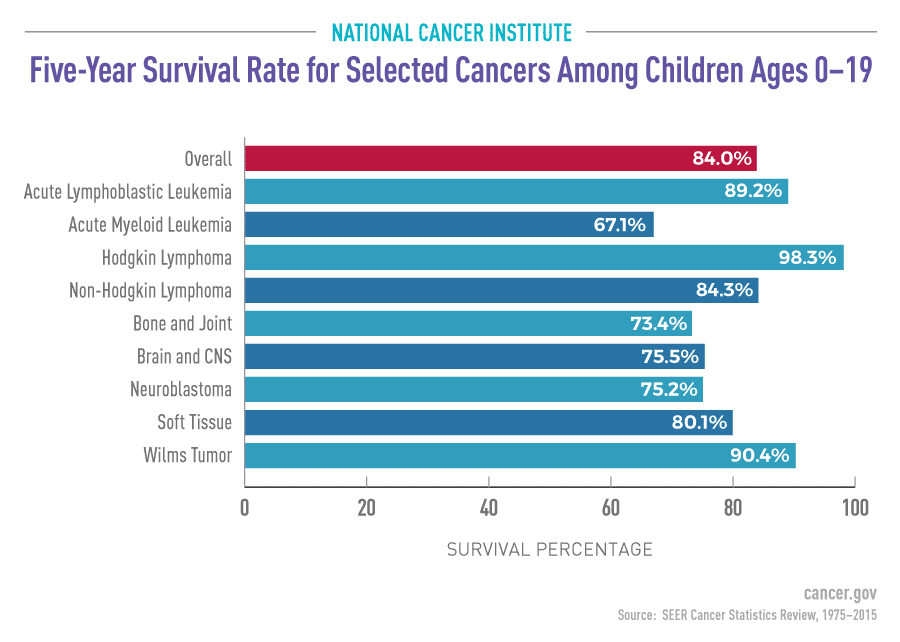The Boston Marathon is not just a physical challenge; it profoundly impacts the mental health of its participants. As runners take on the 26.2-mile journey, their experiences illuminate the complex relationship between marathon training and mental well-being. Research has shown that the psychological benefits of running extend beyond physical fitness, often enhancing emotional resilience and providing a sense of accomplishment. The event serves as a powerful platform for discussing mental health in sports, fostering a supportive community for athletes seeking both personal triumph and collective healing. Understanding the mental health aspects of the Boston Marathon allows us to appreciate the deep motivations behind runners’ dedication and determination.
Engaging in the Boston Marathon opens up a dialogue about the psychological aspects of endurance racing, known as running psychology. This prestigious event highlights how marathon motivations can reflect personal stories of struggle, hope, and tenacity. Through rigorous Boston Marathon training, participants often discover transformative effects on their mindset, establishing a crucial link between competitive running and mental wellness. As athletes prepare for this iconic race, they not only aim for physical prowess but also seek to strengthen their psychological fortitude. In this light, the Boston Marathon becomes a pivotal moment for many, illustrating the broader implications of mental health in athletic pursuits.
Understanding the Psychological Benefits of Running
Running is not only a physical activity but also a profound psychological experience that can significantly impact mental health. Studies have shown that engaging in consistent running can lead to improvements in mood, reduced anxiety, and heightened overall well-being. The runner’s high, often attributed to endorphins released during prolonged exercise, is a key psychological benefit that encourages many to lace up their shoes regularly. Furthermore, this activity cultivates a sense of routine and structure, contributing to a feeling of control and accomplishment amidst the chaos of daily life.
Moreover, the mental health benefits of running extend beyond the immediate feelings of elation post-run. Engaging in this sport can serve as a coping mechanism for individuals dealing with stress or emotional challenges. The solitude of a long run provides a therapeutic space for reflection and mental clarity, allowing runners to process thoughts and emotions in a way that can enhance their problem-solving abilities. Thus, the psychological rewards of running become intertwined with individuals’ daily mental health, establishing a positive feedback loop that motivates them to continue their running journey.
Frequently Asked Questions
How does running the Boston Marathon affect mental health?
Running the Boston Marathon can significantly enhance mental health by offering runners a sense of accomplishment, community, and purpose. The training process builds resilience, reduces stress, and fosters a positive self-image, making it a powerful tool for psychological well-being. Many participants report elevated moods and a strong sense of connection to their personal goals.
What psychological benefits are associated with Boston Marathon training?
Boston Marathon training provides numerous psychological benefits, including improved mood, increased focus, and enhanced self-discipline. The training journey helps runners set and achieve goals, leading to increased confidence and a sense of achievement. Running also promotes the release of endorphins, commonly known as the ‘runner’s high,’ which can contribute to better mental health.
How can marathon motivations influence mental health in sports?
Marathon motivations, such as raising awareness for a cause or honoring a loved one, can deeply influence mental health in sports. Having a personal reason to run helps individuals channel their energies positively and cope with stress. This sense of purpose can boost self-esteem and emotional stability, making the experience of running the Boston Marathon a profoundly transformative one.
What role does running psychology play in preparing for the Boston Marathon?
Running psychology plays a crucial role in preparing for the Boston Marathon by teaching athletes techniques to manage anxiety, stay focused, and maintain motivation. Understanding the mental challenges associated with long-distance running helps participants develop coping strategies and resilience, which can be key to successfully navigating the race and enhancing overall mental health.
Why is the Boston Marathon considered a unique mental health experience?
The Boston Marathon is considered a unique mental health experience due to the personal narratives and diverse motivations of the runners. Each participant brings their own story, whether overcoming personal challenges or seeking a sense of achievement, which creates a collective environment of support and encouragement. This shared experience can foster a sense of belonging and contribute positively to mental health.
| Key Points |
|---|
| Boston Marathon running experiences vary widely, ranging from elation to severe distress. |
| Participants face not only physical challenges but also significant psychological ones. |
| Individual motivations for running are deeply personal and can include tribute to loved ones or personal achievements. |
| Completion leads to a sense of accomplishment and affirmation, which can have transformative effects on self-image. |
| The Boston Marathon serves as a structured pursuit that channels personal energy and emotional commitment. |
| Each runner has a unique narrative shaped by their motivations and experiences during the race. |
Summary
Boston Marathon mental health is a crucial aspect to consider, as the event showcases the diverse emotional landscapes of participants. From joyous celebrations at the finish line to acute periods of psychological distress, the experiences of marathon runners reveal a profound connection between mental and physical endurance. The marathon serves as a transformative journey, allowing individuals to confront their capabilities, demonstrate resilience, and ultimately, find a sense of heroism in their achievements. Understanding the psychological dimensions of running in this revered event can shed light on the broader implications for mental health awareness and support.




